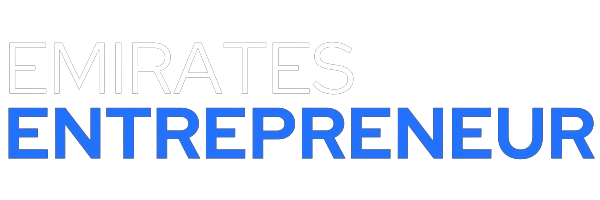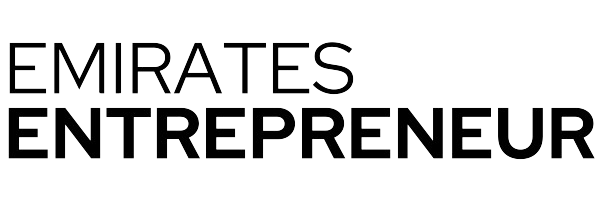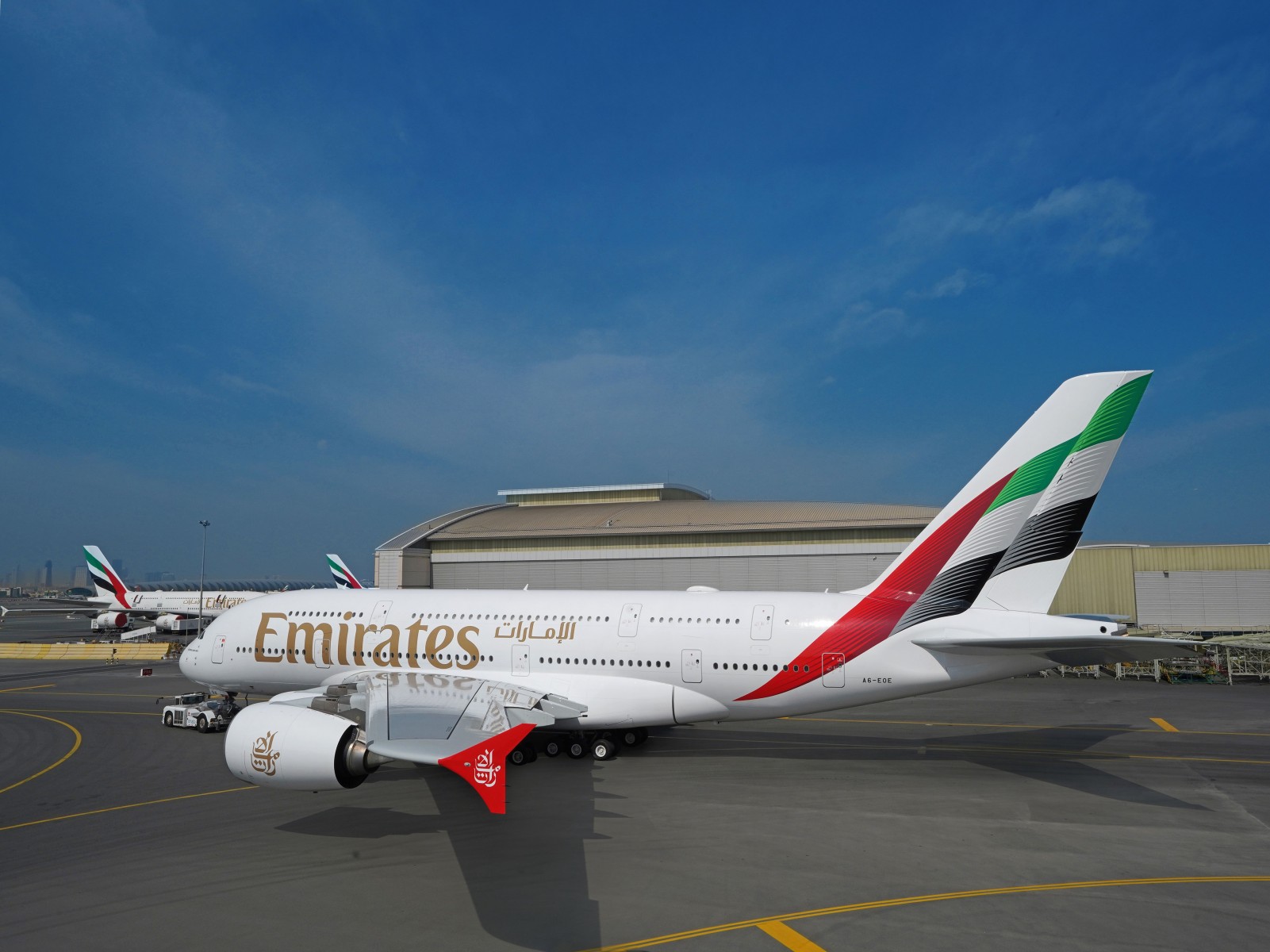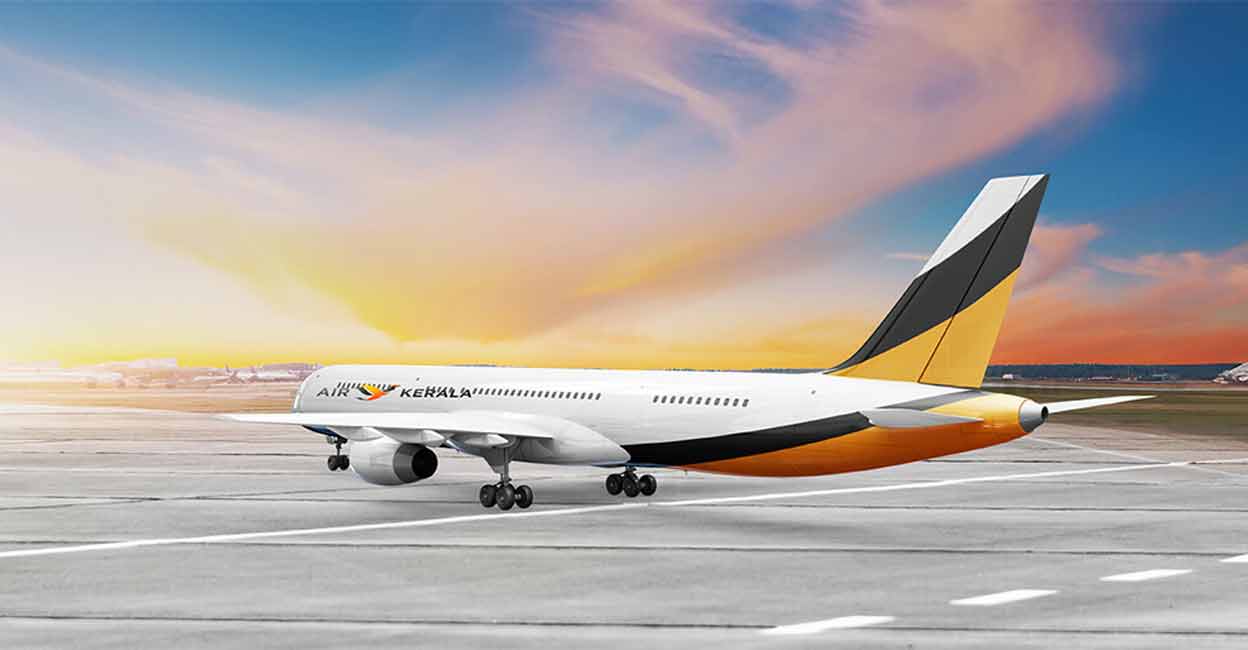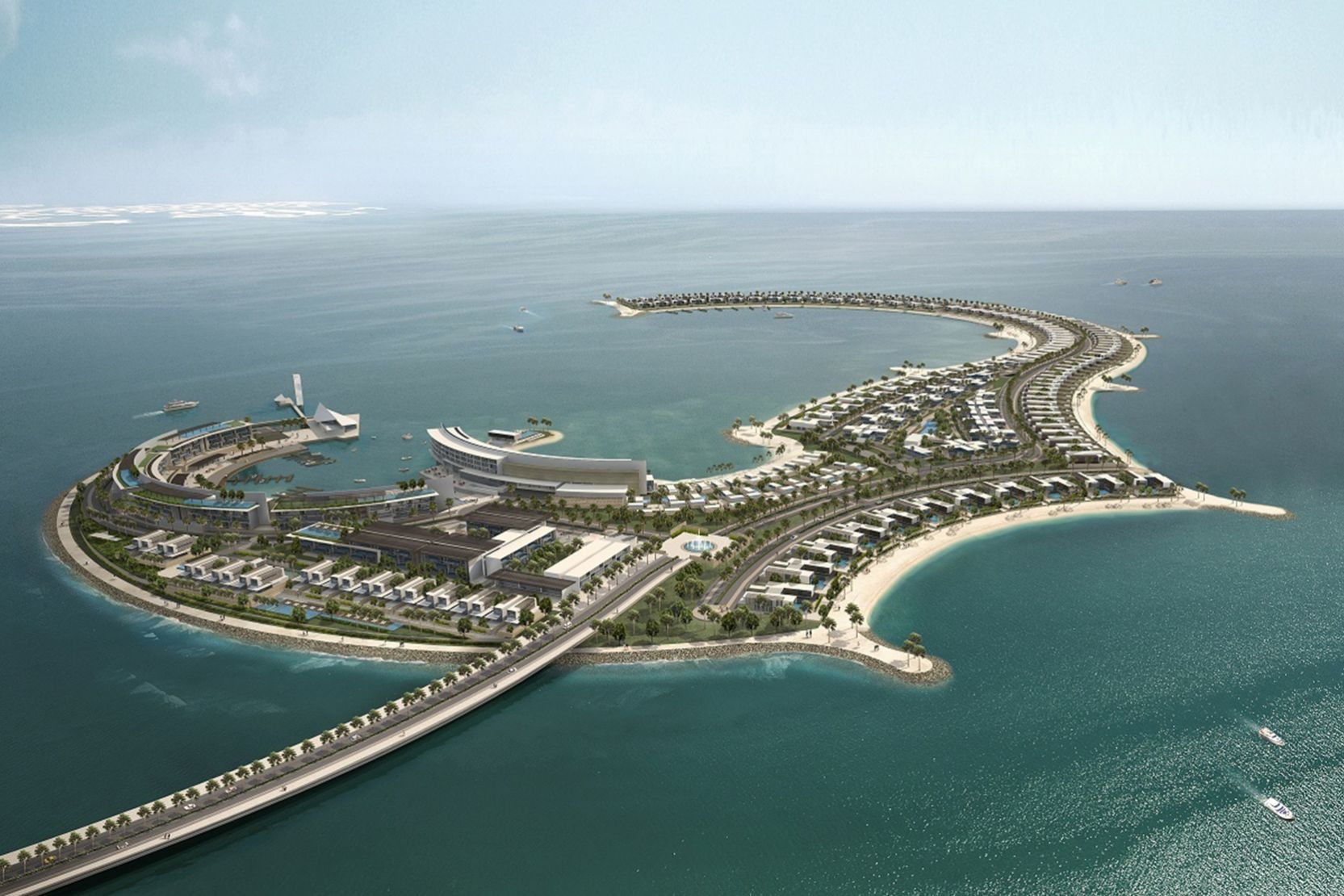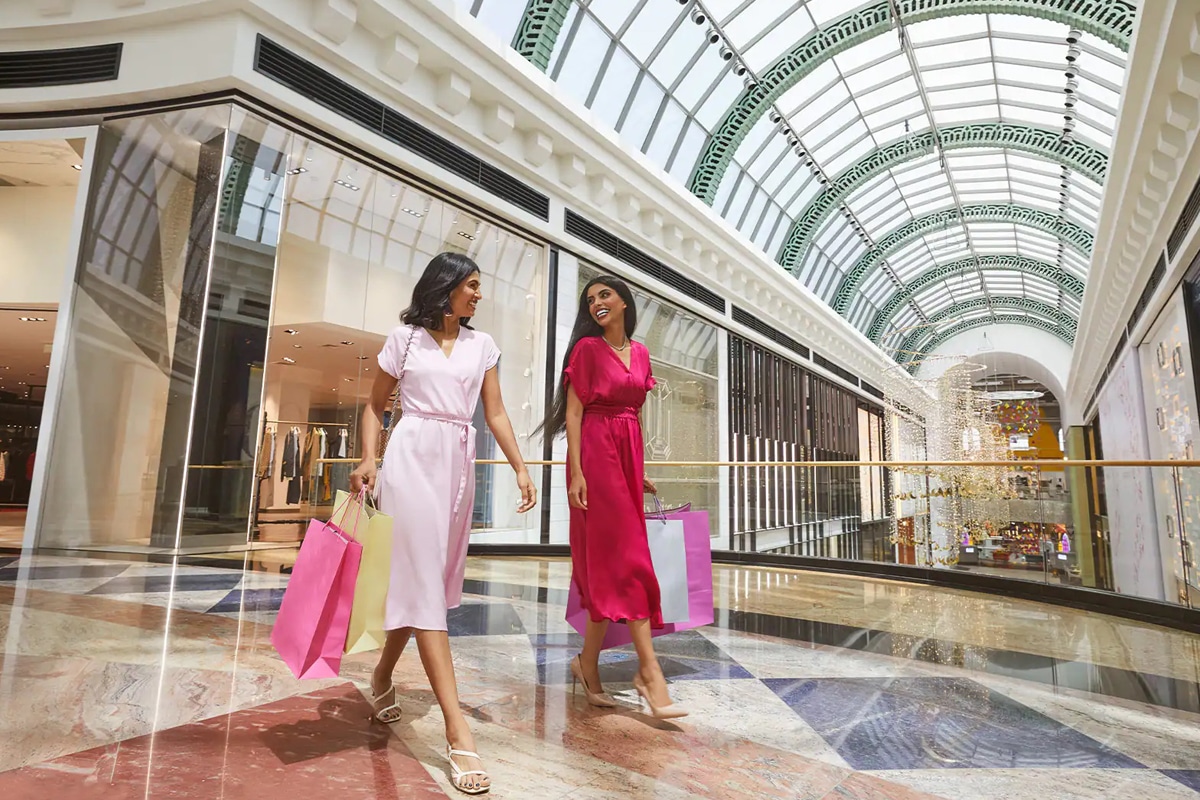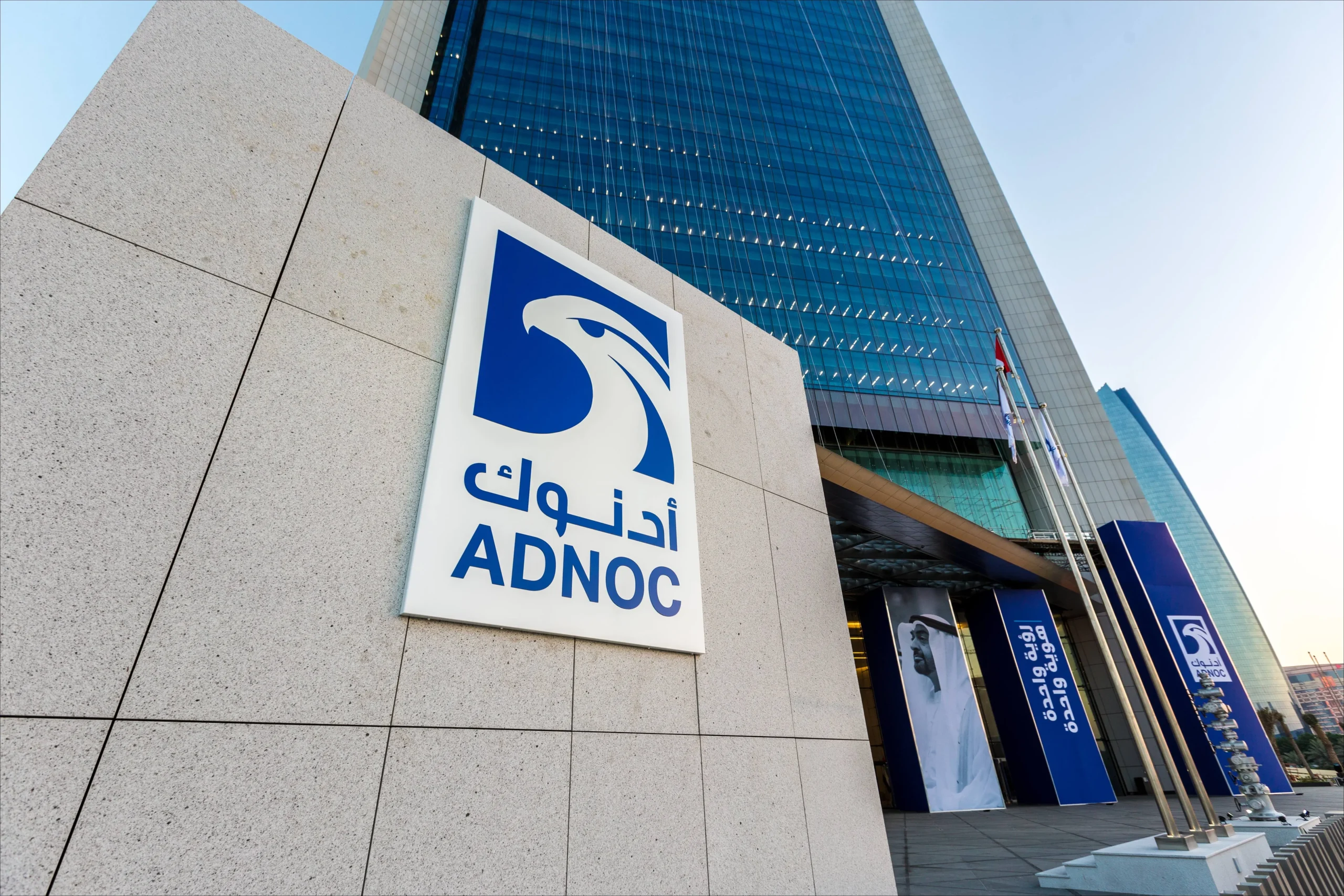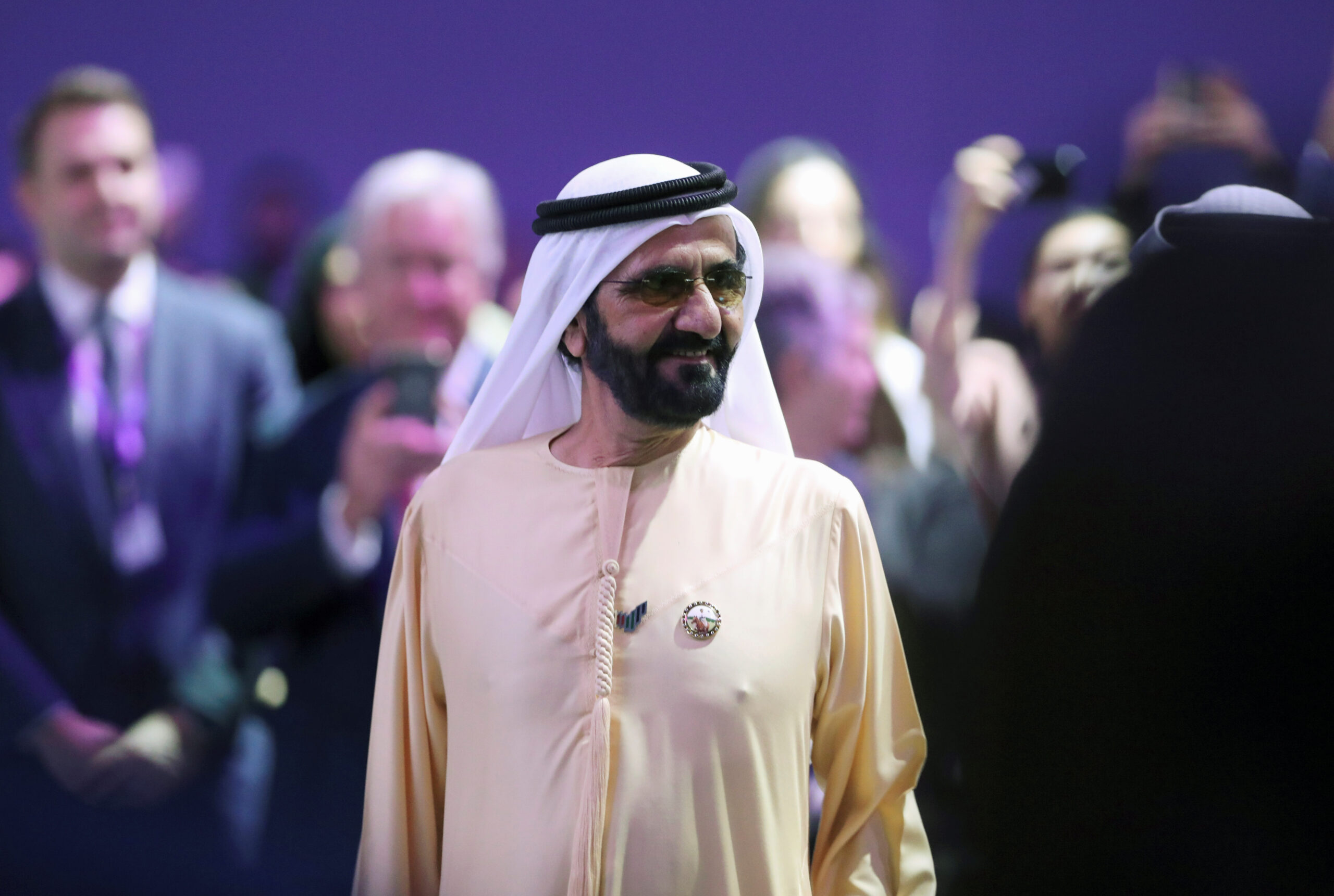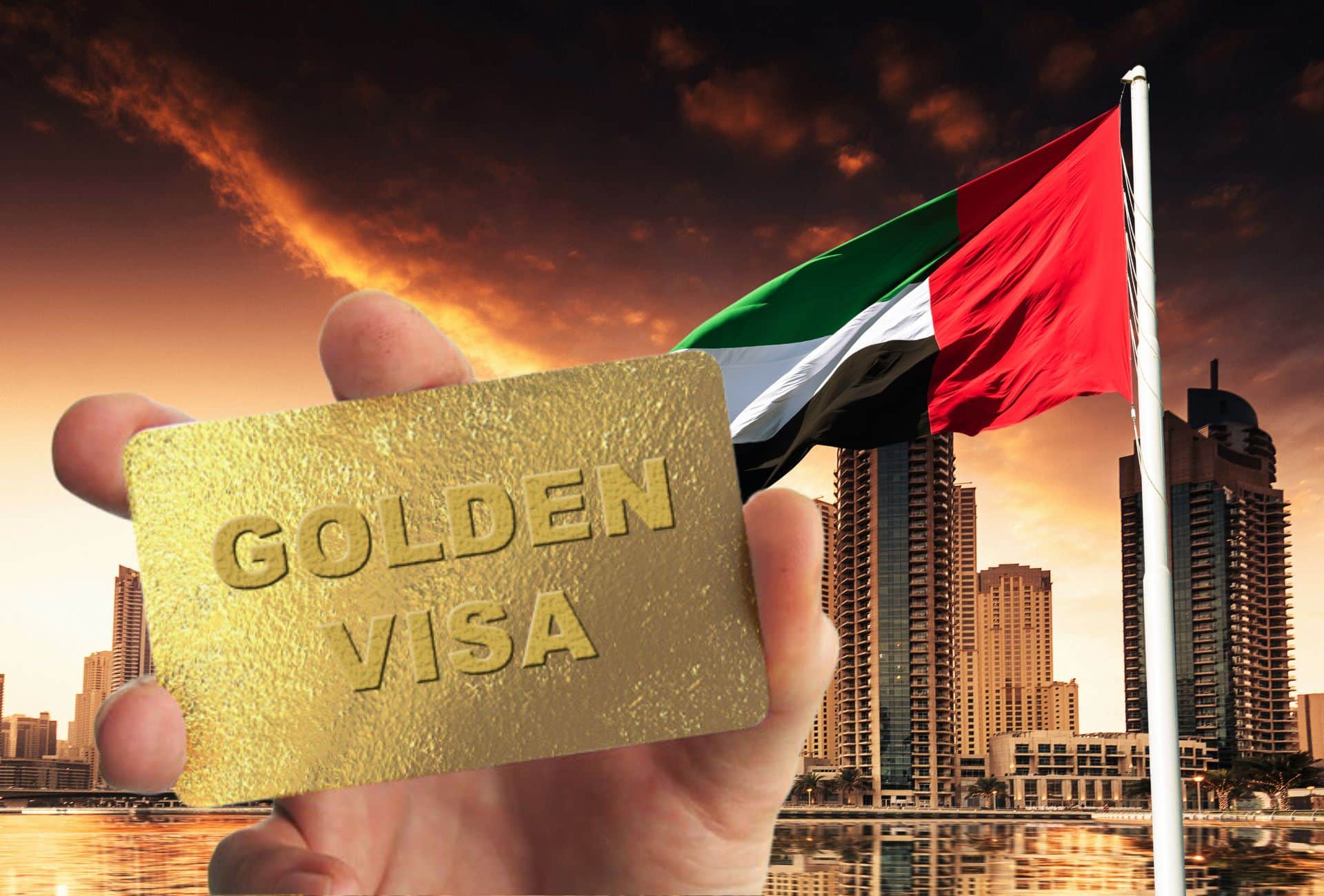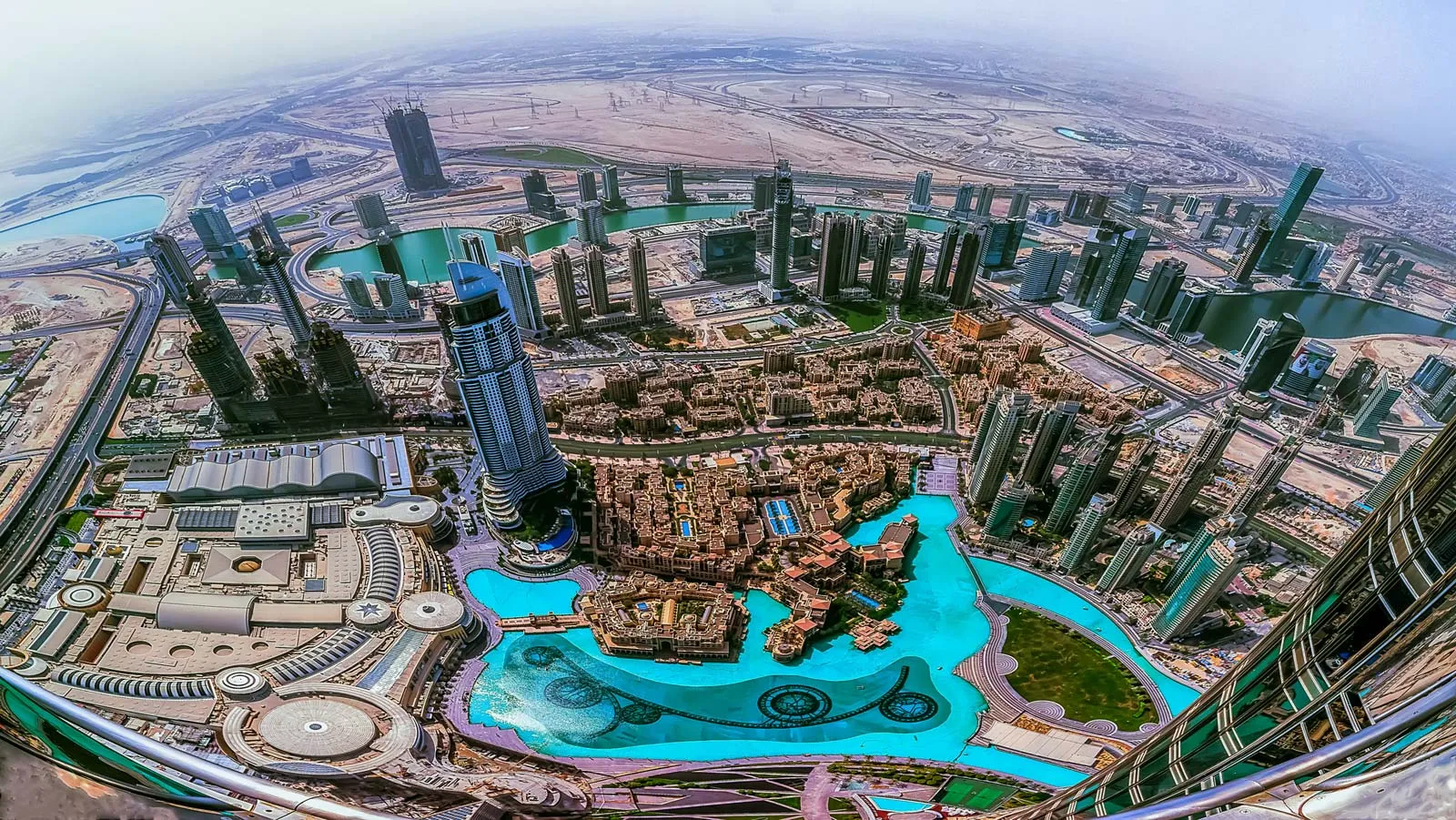His Highness Sheikh Mohammed bin Rashid Al Maktoum, Vice President, Prime Minister, and Ruler of Dubai, has instructed the development of the ‘Dubai Car Market’, intended to be the largest and most advanced facility of its kind globally. This initiative aims to cement Dubai’s status as a leading city in the rapidly expanding automotive trade sector.
Under the oversight of His Highness Sheikh Hamdan bin Mohammed bin Rashid Al Maktoum, Crown Prince of Dubai and Chairman of Dubai Executive Council, and witnessed by His Highness Sheikh Maktoum bin Mohammed bin Rashid Al Maktoum, First Deputy Ruler of Dubai, Deputy Prime Minister, and Minister of Finance, Dubai Municipality and DP World have formalized a partnership agreement. This agreement will see DP World undertake the construction and management of the ‘Dubai Car Market’, which will span an extensive 20 million square feet. DP World plans to utilize its extensive logistical expertise and global network, encompassing over 430 business units across 86 countries, to ensure the market’s success.
Sheikh Mohammed bin Rashid emphasized, “Today, we have entrusted DP World with the development of the ‘Dubai Car Market’, expanding the current market eightfold to create a 20 million square feet facility that will be the largest and most advanced car market globally. The ‘Dubai Car Market’ will be connected with 77 ports managed by DP World around the globe, enhancing its capacity and doubling its current sales of AED6.8 billion.”
He added, “The new market will become a global hub that offers commercial services, logistics, and financing solutions for this vital sector. It will also be a premier destination for major conferences and specialized events for car enthusiasts. Dubai will continue to develop new projects as part of its vision to be one of the largest economic and commercial centers in the world.”
This strategic project aligns with Dubai’s Economic Agenda D33, aimed at doubling the size of the emirate’s economy and transforming it into one of the world’s top three urban economies by 2033. The agreement between Dubai Municipality and DP World’s Economic Zones Sector aims to enhance Dubai’s position as a global innovation and trade center for the automotive sector. DP World will leverage its extensive experience in developing and operating integrated economic zones to provide a range of services, including advanced systems for businesses and investors, comprehensive logistical solutions, e-commerce, trade finance, and asset development.
Dawood Al Hajri, Director-General of Dubai Municipality, commented, “Signing the partnership agreement with DP World represents a major step towards realizing Dubai’s vision for developing the largest and most advanced car market in the world. We aim to provide the best services that meet the needs of investors and traders, enhancing Dubai’s position as a premier global investment destination in the automotive sector.”
He added, “This project aims to enhance infrastructure and develop integrated services that contribute to supporting the local economy and achieving sustainable growth. Establishing the ‘Dubai Car Market’ will attract foreign investments and strengthen Dubai’s position as a global innovation and trade center.”
Sultan Ahmed bin Sulayem, Group Chairman and CEO of DP World, expressed his pride in collaborating with Dubai Municipality on this ambitious project. He emphasized DP World’s commitment to leveraging its services and expertise in managing economic zones to establish Dubai as a leading destination in the automotive trade sector. Bin Sulayem assured, “We are committed to providing services and infrastructure that keep pace with global developments and meet investors’ expectations. This project is vital to enhancing the local economy and achieving sustainable growth. We will provide all resources to ensure its success.”
Expansion of the market area from 2.8 million square feet to 20 million square feet aims to make it eight times its current size. The market will serve as a comprehensive global center offering advanced and innovative automotive services. Current sales and operations, valued at AED6.8 billion, are expected to double with significant infrastructure and service expansions. The new market will offer innovative government and banking services and will be connected to global markets through DP World’s network, enhancing access and trade.
The market will also host major automotive events and conferences, making it a preferred destination for car enthusiasts and investors. It will include areas for exhibitions and events that bring together experts and global companies in the automotive field, as well as recreational, cultural, and commercial zones.
This project contributes towards achieving the goals of the Dubai Economic Agenda D33 to enhance innovation and trade, reflecting the emirate’s commitment to providing top-tier infrastructure and services to support the local and global economy.
